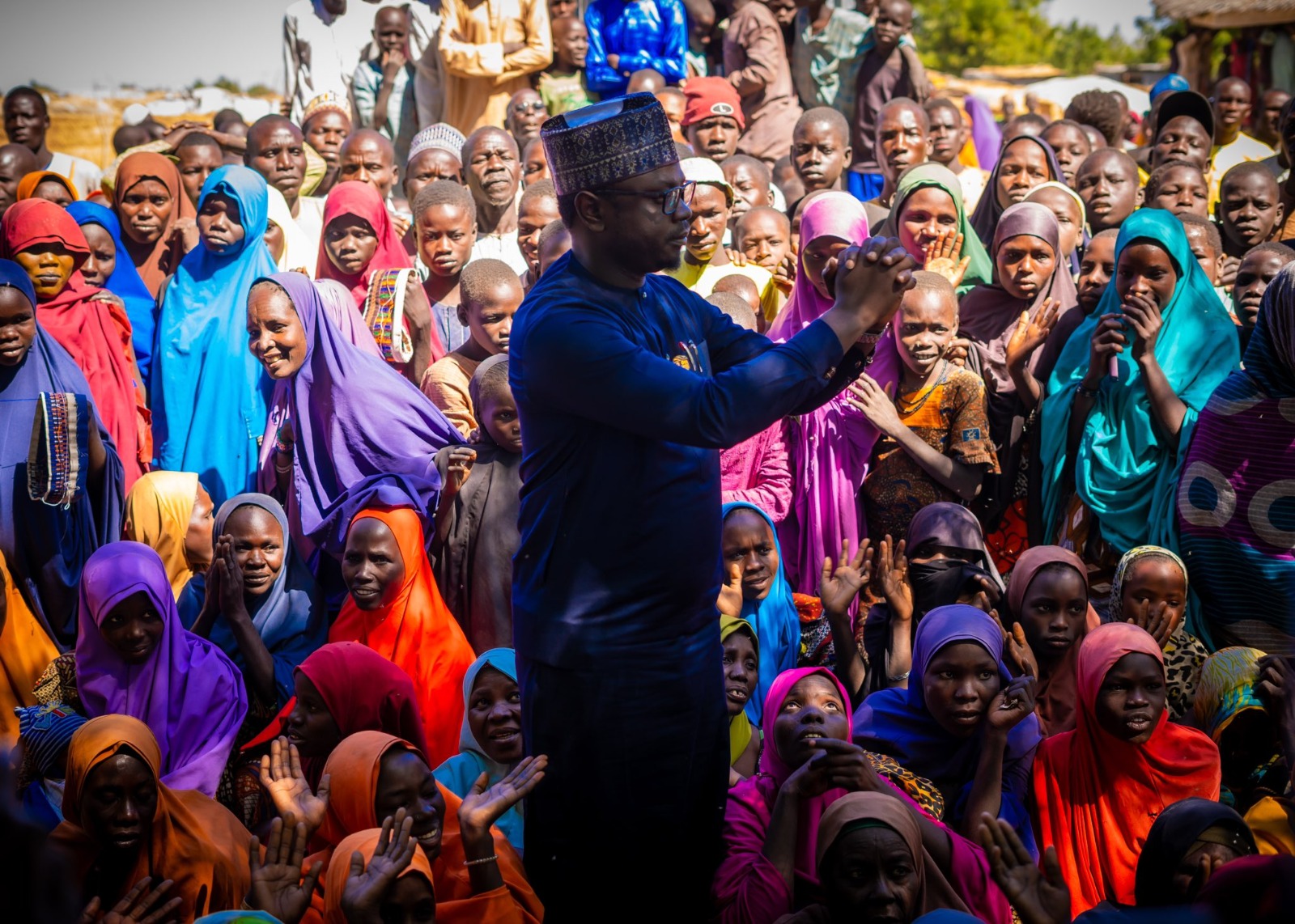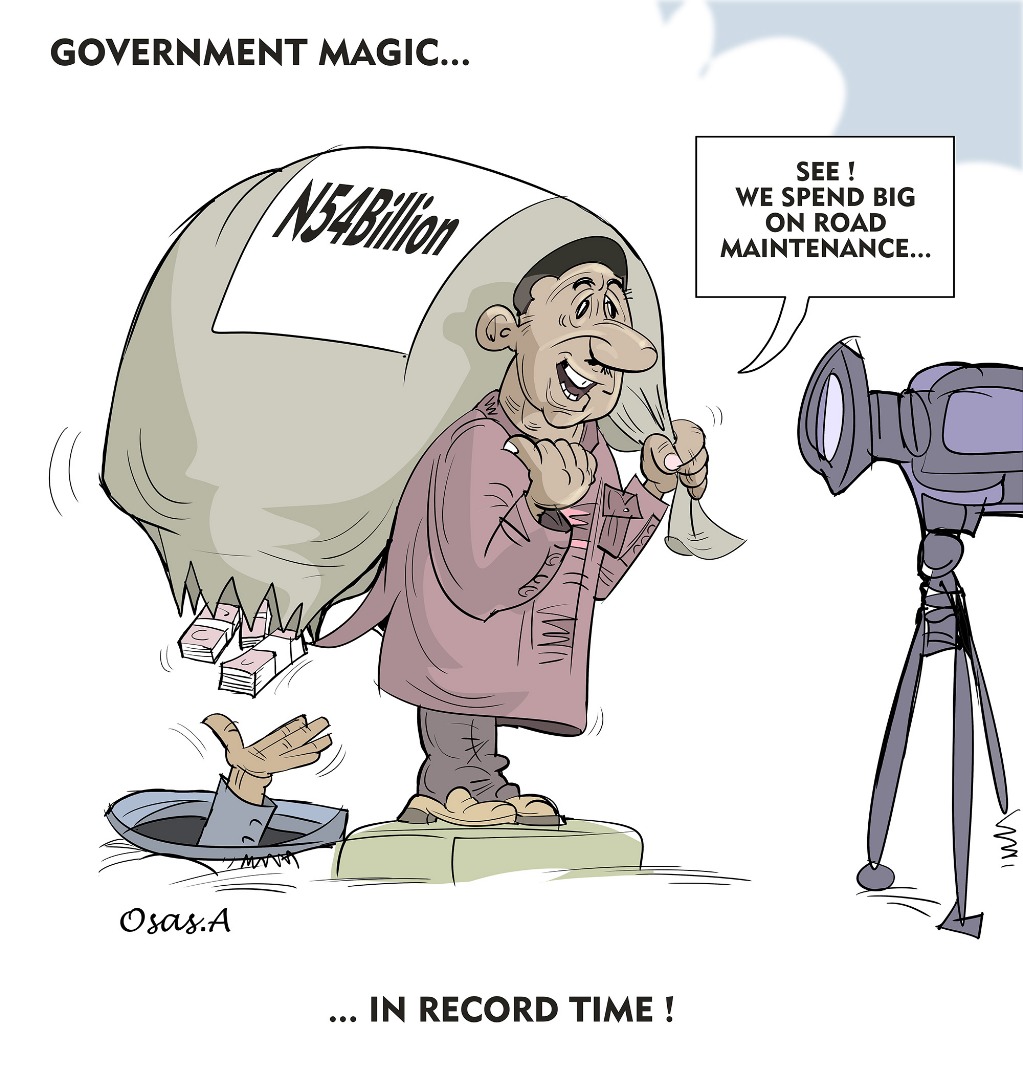In a country where youthful dreams have often been bruised by broken promises, the past year has offered something rare: a glimmer of redemption. For millions of Nigerian youths, hope has begun to whisper again, and its voice carries the name Ayodele Olawande.
When Olawande assumed office as Minister of Youth Development in October 2024, he inherited a ministry that for years had struggled to matter in the daily lives of young Nigerians. Too often, “youth development” was reduced to hashtags and hollow announcements. But in one year, the story has begun to shift. The numbers now speak with a sincerity that even cynics must acknowledge—14,509 young Nigerians trained in digital skills against a target of 10,000; 97,212 supported through mentorships, internships, and apprenticeships, where 80,000 had been planned. And in the fragile space of peacebuilding and crime reduction, 5,023 young Nigerians have been trained—more than double the initial target.
Behind these numbers are faces—the student who found a coding job through NiYA Gigs, the young artisan who secured an apprenticeship that turned into a career, the once-idle youth now mentoring others. Through the Nigerian Youth Academy, over 250,000 young people have found access to learning, earning, and belonging. NiYA has quietly become a digital meeting ground—a place where opportunity no longer feels like a rumour.
Yet the true measure of leadership often lies in how power listens. For years, Nigerian youths complained that government felt distant—unreachable. That changed with the creation of the Nigerian Youth HelpDesk, a simple but transformative idea. In just months, over 5,700 cases have been received; 60% resolved, and many others still active. Each ticket is a story of connection—a government department that answers back, a ministry that does not vanish into silence.
Then came Yo! Health—a name that sounds youthful and vibrant, but beneath it runs a powerful idea: that development means nothing without health. Launched in May 2025, the initiative stretches across the full map of youth wellness—from mental health to substance abuse, from sexual and reproductive health to the push for universal health coverage. Its architecture is deeply intentional—built on six evidence-based pillars, it treats health not as charity but as strategy. Within months, it created a multi-sectoral technical working group, birthed three flagship programmes—including a toll-free mental health helpline—and gave Nigeria continental visibility by being the first country to domesticate the Africa CDC Youth Engagement Strategy.
It’s easy to overlook how rare this is. For once, youth health is not being discussed as an afterthought but as a front-page policy concern. Under Olawande, a new Department of Youth Health, Mental, and Psychosocial Affairs was created to make these interventions permanent. That is not a political gesture; it’s an institutional promise.
But perhaps what makes this journey most profound is its tone—quiet, patient, people-centred. There’s no noise, no grandstanding. Instead, there’s the slow hum of work getting done, of systems being built, of trust being earned. That’s not how politics in Nigeria is usually done. But it might just be the way hope is rebuilt—quietly, carefully, with roots that run deep.
It would be naïve to say all is perfect. Nigeria’s youth still face unemployment, insecurity, and an uncertain future. But for once, the Ministry of Youth Development does not feel like a ceremonial seat; it feels alive—a place where the government’s hand meets the pulse of its people. And that matters.
In a nation where migration has become a symbol of escape, Ayodele Olawande’s first year offers a different kind of passport—one stamped with belief. The belief that if given tools, trust, and space, young Nigerians will not just survive; they will build, innovate, and lead.
Hope, after all, does not return in speeches or slogans. It returns when a policy connects with a life, when a helpline answers, when a training certificate leads to income, when a young person realises that government can, in fact, work.
And so, in this moment, as Ayodele Olawande completes his first year in office, it feels like the country’s youth are learning to speak again—not in protest this time, but in possibility. The air is still heavy with challenges, but somewhere beneath it, you can hear a rhythm returning—the rhythm of hope, dressed in the colours of Nigerian youth.
Adeyemi writes from Abuja






